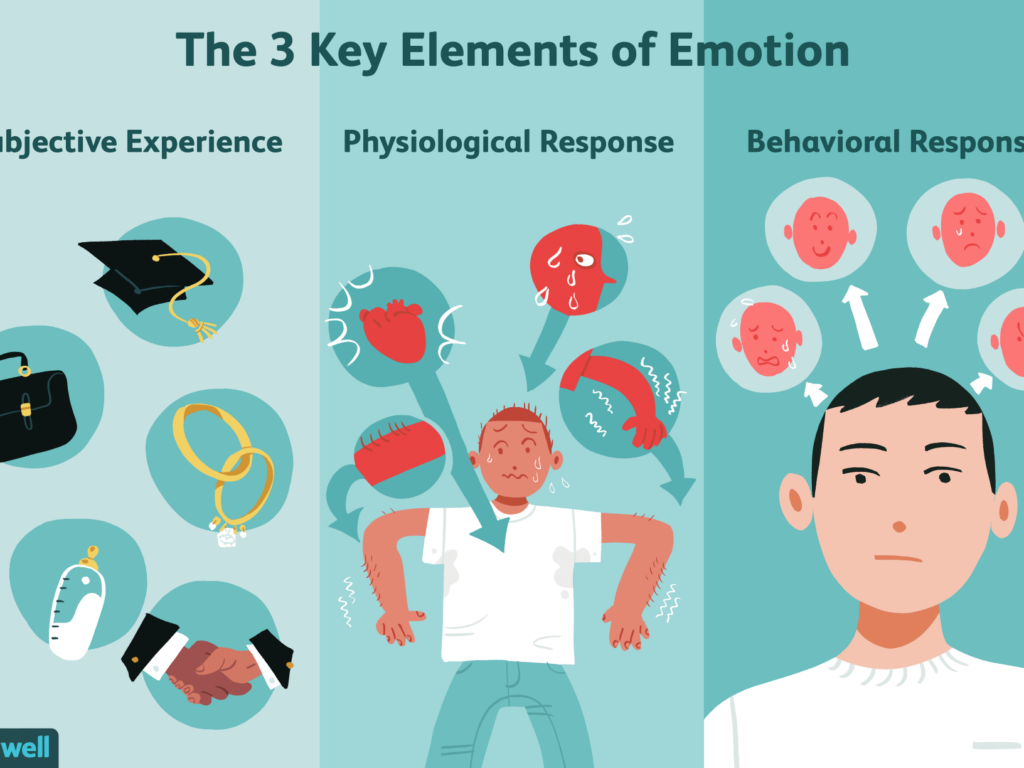Many people, whether they’re looking to transcend their present situation, achieve new goals, or consolidate ‘raw’ feelings and unpleasant experiences, will ultimately have to consider the same outcome- facing/integrating their emotions. I can help you not only recognize previously unknown or vaguely considered emotions, but also learn from and integrate these unique forms of awareness and being.

First though, what are emotions and mood? Emotions are bridges between our thinking selves and experiences related to our biological states/nervous systems/physiological responses. In short, they are the language of the body and our visceral interpretation of experiences. When considering mood, think about a broader time range of the shorter, more intimate emotional moment-to-moment experiences. Emotions are in the moment and mood provides the larger context/theme/narrative. From a general perspective they include: happy, mad, sad, scared categories. Providing more depth to these categories, we in turn get distinctions like: agitated, angry, glum, despairing, happy and joyful. In a more clinical sense, emotions/mood may carry many labels such as: dysthymia, depression, hypo-mania, mania, phobias and trauma.
To become increasingly familiar with our emotions and to have them work for us instead of against us, is emotional intelligence (EI). Each of us has the honor to identify, evaluate, control, ad express emotions- all emotions. In raising our EI, there are generally five aspects to consider: self-awareness, self-regulation, motivation, empathy, social skills. Where therapy can be impactful, is in helping clients to access not only recognized emotions, but dormant, imprinted and syndromes of significant emotional experiences. These larger blocks of consciously unrecognized emotions are archived in older parts of the brain, usually referred to as the limbic system. These blocks of emotion generally show up as emotional themes in our lives, and appear as emotional attachments, ‘automatic’ feelings, phobias, and trauma and often feel as if they have a life of their own. Therapy provides the link between our accessing/processing this new, deeper range of our emotions and seeking to understand others as well as ourselves in more socially meaningful ways.
